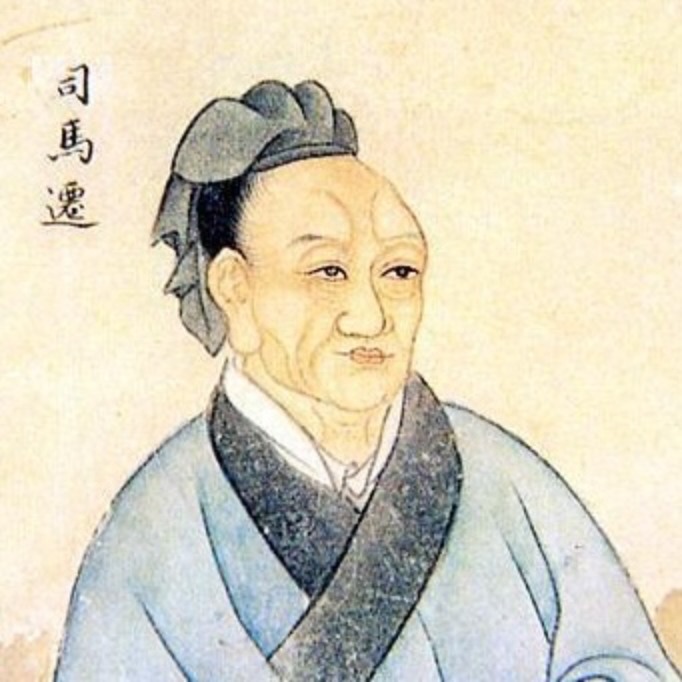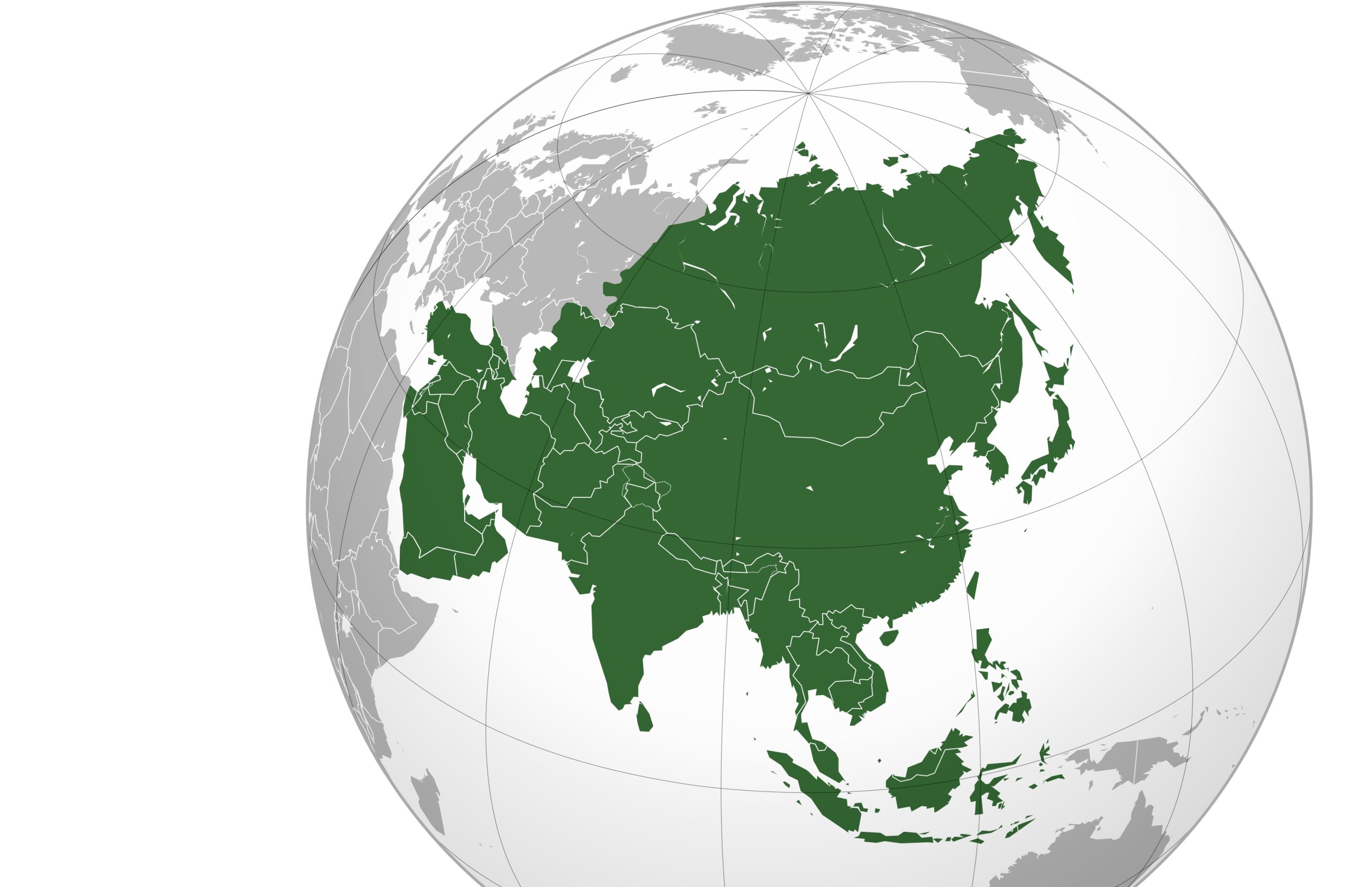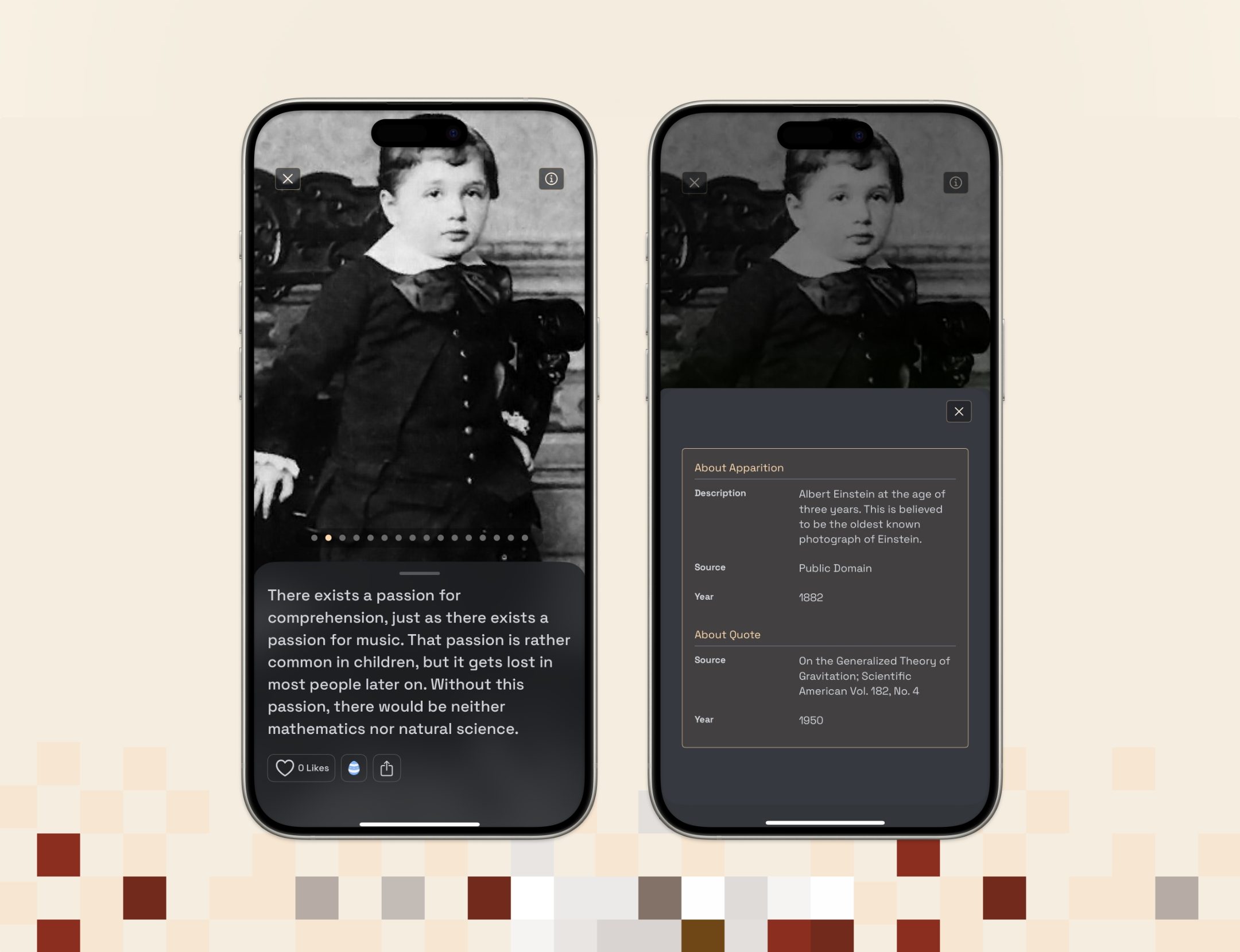Over the weekend, I published about 10 ghosts that are exclusively famous to Asian history, the Indian subcontinent, and Japan. It was a wild ride!
We now have 206 ghosts published! About 800 more to go before I’ll feel like we’ve made a significant contribution to the Productivity and Education categories of the App Store. As I’ve said before, our near term goal is 1000 ghosts, and eventually if we can get enough funding and a big enough team, 10,000+ ghosts.
When my team creates ghosts, naturally there’s some bias here. We’re generally going to be excited about creating ghosts that inspire us personally, or whom we know about through pop culture, or our faith, or who we learn about in school.
As an Edo Nigerian, and a history nerd who years ago went in search of an African history education that I was never given, Catch the Ghost™ is probably the first app of its kind to thoroughly include African History with any depth or breadth. In fact, as of my writing, our largest collections are: African Political Leaders, African Presidents, American Actresses, American Actors, Famous African Americans, and American Presidents (in that order). As you can see, our app is a reflection of who I am and what I know.
(It’s also a reflection of what information is most accessible online, and American Presidents and American Actors are by far the best documented historical figures on average)
Now, as someone who was educated in American schools, I can tell you that we don’t learn much about Asian history, or Indian history, or African history unless you decide to be a History major at University. No matter what, we learn all about the Greeks and Romans, the very foundation of Western Civilization. You can’t visit a single Christian church anywhere in the World without being reminded of the Roman Empire (crucifixion), and there isn’t a day that goes by that I don’t think about the Roman Empire as the meme goes 😂, but I’ve had to go out of my way to seek out other cultures and begin to build out Famous Asians, Famous Indians, and Famous Japanese collections. What I’ve learned in the process has further deepened my love of history, and made me realize how revolutionary Catch the Ghost can be by introducing our users to people and history they would never come across otherwise, and with whom they will be surprised to share hopes, dreams, virtues, and values.
You’re also just as likely to find a completely alien culture to yours and be fascinated as how they evolved to be as such.
But while researching and later publishing Qin Shi Huang — the first Emperor of a unified China — I stumbled across Sima Qian, a Chinese Historian from the Han Dynasty who chronicled Qin Shi Huang’s administration. Well, I didn’t quite stumble across him. It was rather difficult to find direct quotes from Qin Shi Huang, but I was able to get some quotes about him from Sima Qian.
Like Herodotus to the Greeks, Sima Qian is China’s “father of history.” Sima Qian, despite being a historian was a man of great honor, and a man who endured great suffering.

Polybius, an ancient Greek Historian and chronicler of the Punic Wars, rightly says, “The only method of learning to bear with dignity the vicissitudes of fortune is to recall the catastrophes of others.”
Learning about Sima Qian gave me some righteous indignation on his behalf, as well as made me appreciate the window of history in which I’ve been born such that I have never even been under threat of suffering what he had to suffer. Sima Qian had a choice to make between suicide or finishing his unfinished written works. Fulfilling cultural expectations would have led to his suicide, but he chose otherwise, and he tells us why in his letter to Ren An — the most famous letter in Chinese history! I think many of us could relate.
It reminds me of J.R.R. Tolkien’s fear that Lord of the Rings would “be finished in great detail or not at all, and the fear (near certainty) that it would be ‘not at all.’” You see, World War II started as Tolkien was writing it, and though he was a second lieutenant veteran of World War I, he worried that he would die as a civilian casualty of German air raids before LoTR was finished.
Just yesterday I spoke with a writer friend of mine who had the exact same literary and historical worries as Sima Qian… 2000+ years later. I also know what it is to have an overflow of dreams and ideas, and wrestle with the knowledge that if you don’t build it, write it, make it, no one will… or no one will do it like you will.
What happens to a dream deferred?
Does it dry up like a raisin in the sun?
Or fester like a sore–
And then run?”
Does it stink like rotten meat?
Or crust and sugar over–
like a syrupy sweet?Maybe it just sags like a heavy load.
Or does it explode?
Langston Hughes
You can find Sima Qian on Catch the Ghost™ on iOS in the Famous Asians collection, but I’ll also direct you to his Wikipedia page, where you can learn more about his courageous and virtuous life.
Asia Photo Credit: Wikimedia Commons








